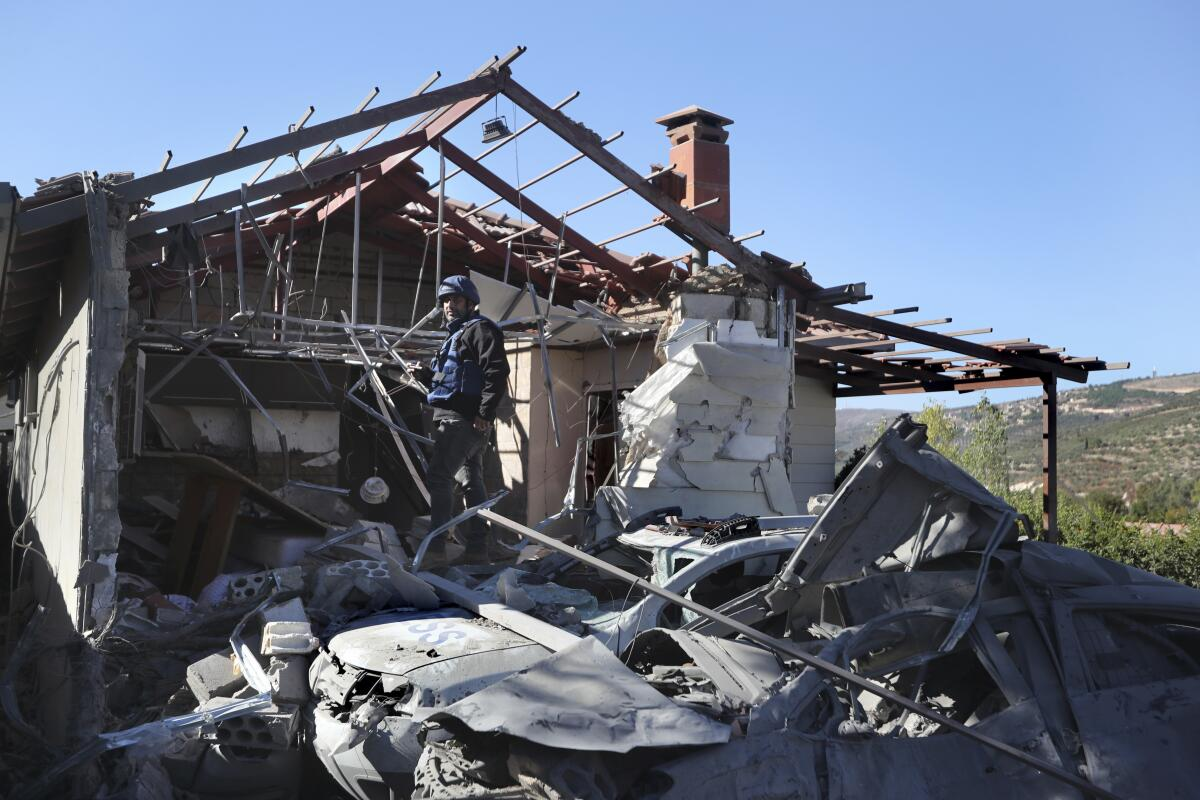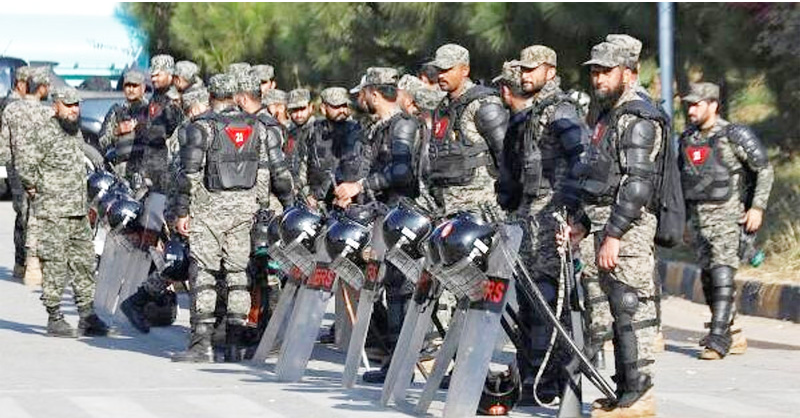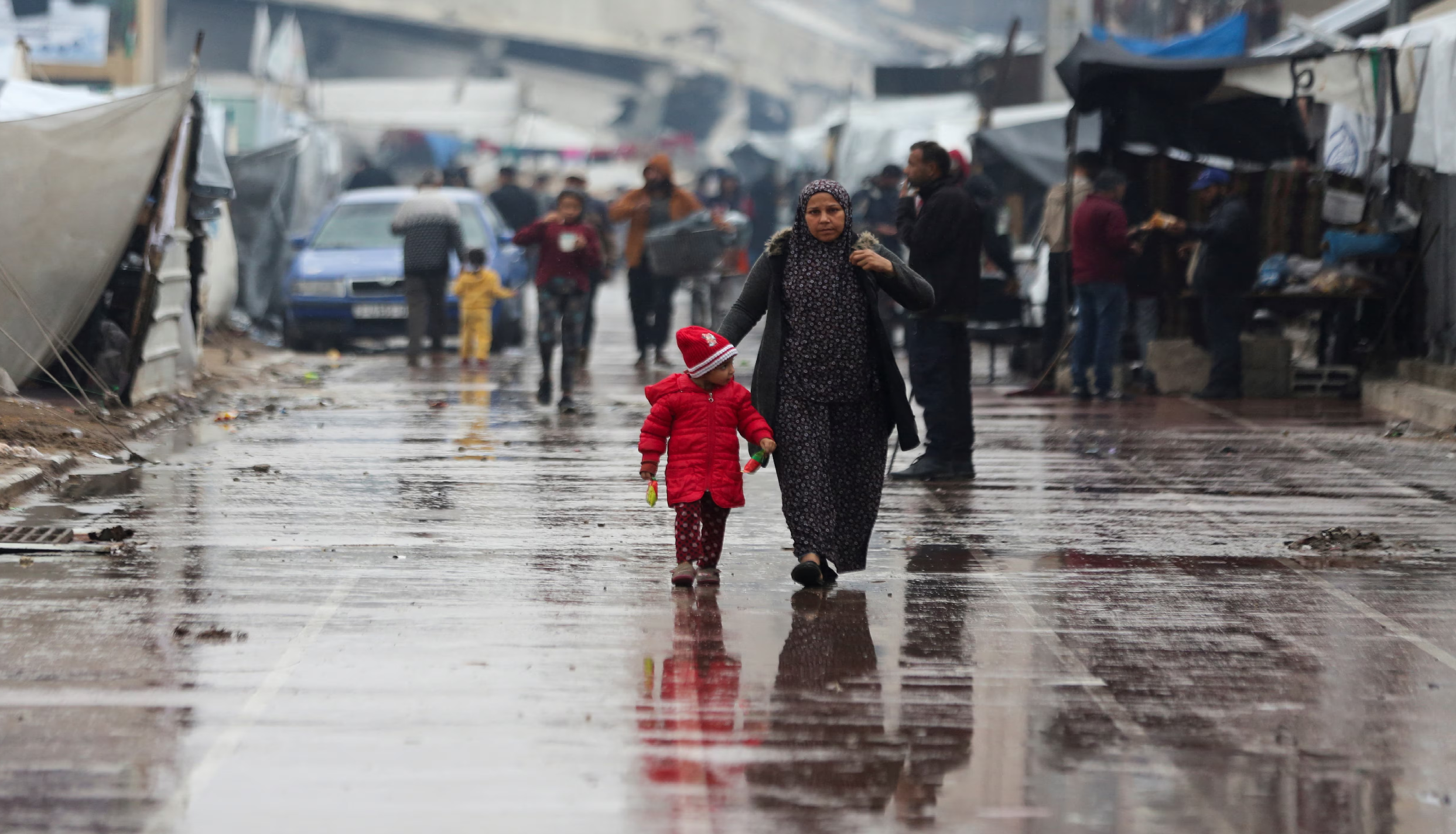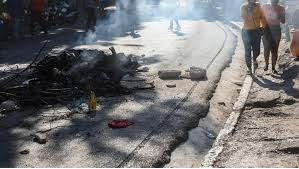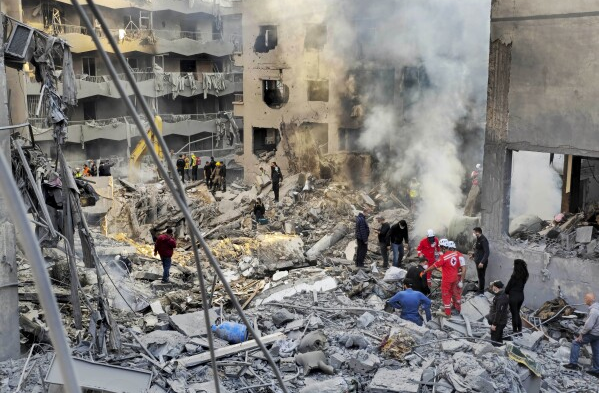
SL protesters besiege parl, demand Rajapaksas’ ouster
Colombo: Sri Lankan student activists on Friday warned to lay a siege to Parliament as trade unions launched a crippling island-wide strike to demand the resignation of President Gotabaya Rajapaksa and his government over their inability to tackle the economic meltdown which has caused unprecedented hardships to the public.
Thousands of student activists from the Inter University Students Federation (IUSF) blocked the main access road to the parliamentary complex since Thursday and carried on protests for almost 24 hours. The police fired tear gas shells and used a water cannon on the protesters to disperse them.
The activists, calling for the resignation of President Rajapaksa and the government for their mishandling of the country’s economy, vowed to return on May 17 when the assembly session reconvenes.
“We will be back on the 17th and we will block all exit points to Parliament then. The Rajapaksas must resign before that,” IUSF convenor Wasantha Liyanage said as they dispersed themselves from the protest site.
They clashed with a few Opposition legislators as they were not allowed to leave. The Opposition MPs confronted Speaker Mahinda Yapa Abeyawardene in his chamber, forcing him to take up the no-trust motion against the government.
The day was marked by a crippling one-day strike by trade unions numbering over 2,000 covering all sectors. Sri Lanka’s government has been facing a wave of protests around the country with an increasingly furious public demanding its resignation.
All trade unions of health, postal, port and other government services have joined the strike. However, several proruling party trade unions have declined to join. Businesses remained shut and roads appeared empty in most usually crowded areas.
Mahinda Jayasinghe of the teachers’ trade union said school principals and teachers did not attend schools. The privately-owned bus operators said they would anyway find it difficult to run services due to long queues prevailing at fuel stations for diesel.
“The strike action was a success despite attempts by a few pro-government trade unions to scuttle it,” SP Withanage, the railways trade union spokesman said. Niroshan Kodikara of the port trade unions said the first mass protest action since 1953 was successful.
“The government must resign and we would be back striking from May 11th unless they resigned,” he said. The public transport was in a trickle and most businesses remained shut throughout the day. The government said it was holding an urgent meeting of the Cabinet to assess the situation in the country.
Since April 9, the protesters have been staying near the presidential secretariat in the ‘Gota go home gama’ or Gotabaya Go home village and since April 26 the ‘Mynah go home village’ or ‘Mahinda Go Home Village’.
The crisis is caused in part by a lack of foreign currency, which has meant that the country can’t afford to pay for imports of staple foods and fuel, leading to acute shortages and high prices. Thousands of demonstrators have hit the streets across Sri Lanka since April 9, as the government ran out of money for vital imports; prices of essential commodities have risen and there are acute shortages in fuel, medicines and power supply. President Rajapaksa and his elder brother and PM Mahinda have refused to quit. - PTI
 English daily published in Bengaluru & Doha
English daily published in Bengaluru & Doha

